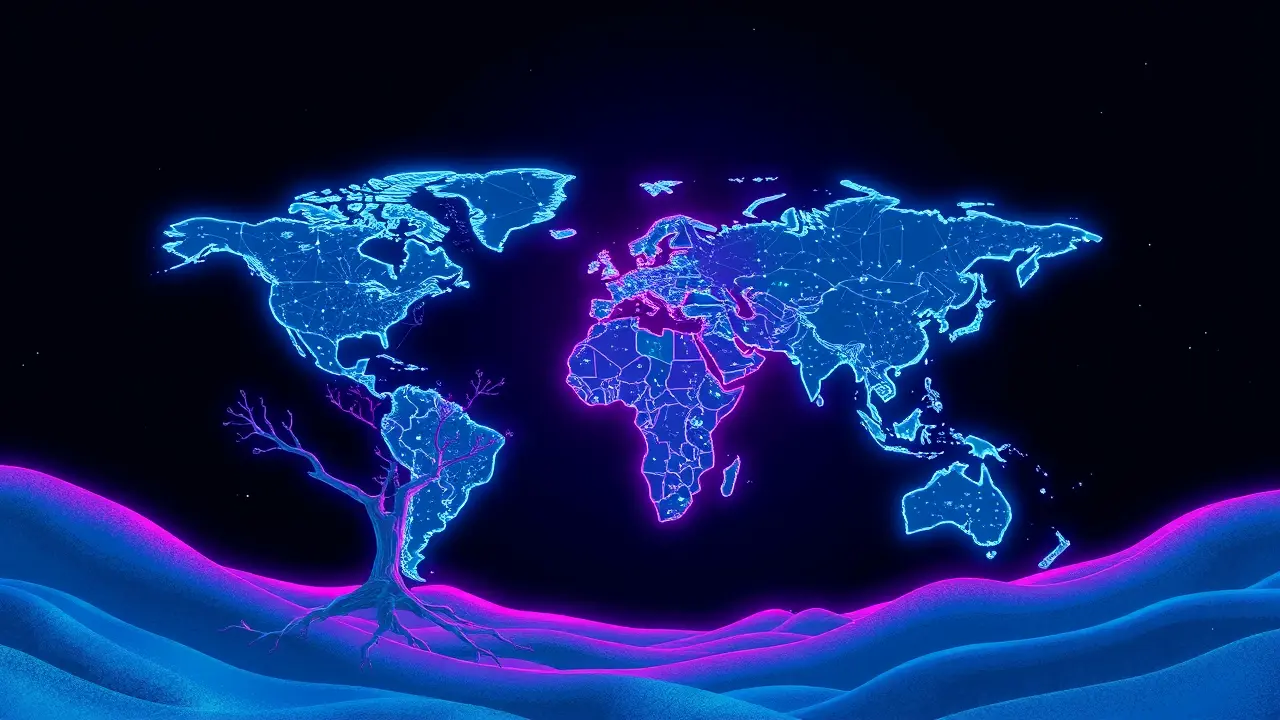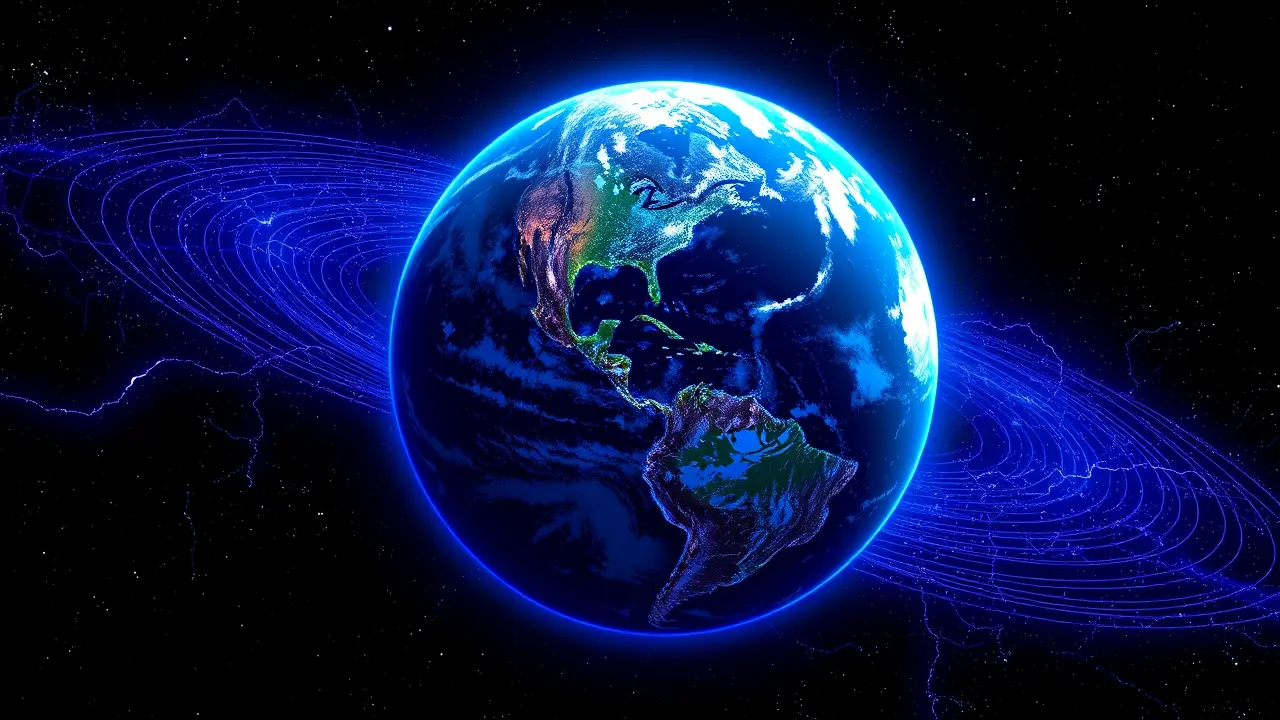
Scienceresearch policyScience Funding
US Government Shutdown Disrupts Scientific Research.
RA
Rachel Adams
7 hours ago7 min read
The consequences of the shutdown extend far beyond a lapse in funding, reaching like invasive roots into the very soil of American scientific progress, a fragile ecosystem now facing a profound and unnatural winter. Across the country, from the permafrost research stations in Alaska where climate data collection has been abruptly silenced, to the federally maintained water quality sensors in the Great Lakes now blinking offline, a silent crisis unfolds.This isn't merely a bureaucratic pause; it is a deliberate starvation of the national research infrastructure, a self-inflicted wound on our collective capacity to understand and navigate the complexities of our changing world. Consider the long-term ecological studies, some running for over half a century, tracking bird migrations, forest carbon sequestration, and pollinator populations—these continuous datasets are the bedrock of environmental science, and a shutdown represents a catastrophic data gap, a tear in the fabric of time-series information that can never be truly mended.The human cost is equally devastating, with early-career researchers and postdoctoral fellows, the vibrant future of our scientific community, facing immediate furloughs and frozen salaries, their passion and expertise sidelined by political intransigence, potentially driving a brain drain away from public service and into private industry. Laboratories reliant on federal grants for everything from cancer drug trials to renewable energy storage solutions are forced into a state of suspended animation, their delicate cell cultures, sensitive chemical reactions, and complex computational models left unattended and at risk of ruin.This recurring specter of a shutdown, a political tool wielded with increasing frequency, erodes the foundational trust and stability required for ambitious, long-term research, the kind that tackled the ozone hole or mapped the human genome. It tells a generation of scientists that their work is disposable, a bargaining chip in a game of partisan chicken, while other nations like China and those within the European Union continue to invest steadily and ambitiously in their own research and development, steadily closing the innovation gap.The disruption cascades through the global scientific network, as American researchers are barred from international conferences they can no longer fund, and collaborative projects with allies are delayed, damaging the United States' reputation as a reliable partner in the global pursuit of knowledge. The irony is palpable: at a moment when scientific insight is most critical for addressing existential threats from pandemic preparedness to climate mitigation, we are systematically dismantling our ability to generate that very insight. The true cost will be tallied not in the immediate days of the closure, but in the discoveries never made, the warnings never issued, and the brilliant minds lost to a system that no longer values their indispensable contribution to our nation's health, security, and prosperity.
#featured
#US government shutdown
#science disruption
#research funding
#federal agencies
#academic impact
Stay Informed. Act Smarter.
Get weekly highlights, major headlines, and expert insights — then put your knowledge to work in our live prediction markets.
Related News
© 2025 Outpoll Service LTD. All rights reserved.












